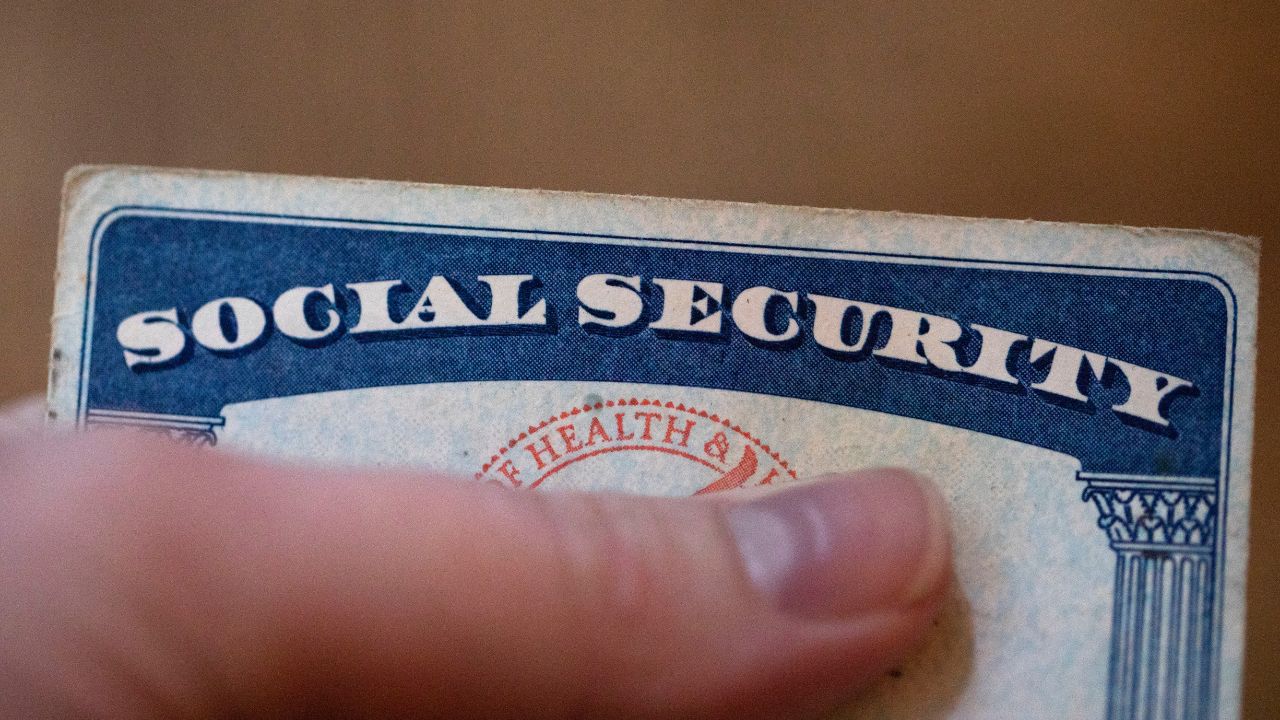Soaring inflation may mean lower tax bills for some as IRS raises brackets
Tax brackets will increase by about 7% in an attempt to counter rapid inflation, the IRS said.

WASHINGTON -- Some Americans may have lower tax bills when they file for 2023 after the IRS adjusted tax brackets and increased deductions to counter the soaring price tags on groceries and other daily staples.
Tax brackets will increase by about 7% in an attempt to counter rapid inflation, the IRS said in a statement on Tuesday.
Those updated brackets could mean that Americans whose wages haven't kept pace withinflationwill land in lower brackets and owe relatively less when they file.
Consumer prices rose by about 8.2% in September from the year-earlier period, with grocery prices spiking 13%, the Bureau of Labor Statistics said. Increases in pay haven't kept pace for many workers, with average hourly wages decreasing 3% year over year in September, when seasonally adjusted, according to the bureau's statistics.
SEE ALSO: Social Security recipients to get biggest benefit boost in 40 years amid record high inflation

About 60 tax provisions will be updated to counter those rising costs, including standard deductions for single and married filers, the IRS said.
The standard deduction for married couples will increase to $27,700, up $1,800 from the previous year. For single filers, it will be $13,850, up $900, the IRS said. Those increases mark an acceleration from the previous year's standard deduction hikes, which were $800 for married filers and $400 for single ones.
Heads of household will see an increase of $1,400 to $20,800 for their standard deduction, the IRS said.
Marginal tax rates are being adjusted for inflation, with the lowest tax rate of 10% now applying to single fillers making $11,000 or less per year, up from $10,275. Couples would need to make less than $22,000, up from $20,550.
The top tax rate will remain unchanged at 37%, but will now be applied to single filers earning more than $578,125 and couples making over $693,750. That highest rate had been applied to filers making $539,900 or couples making $647,850 in the previous tax year, the IRS said.
The monthly limit for qualified transportation and parking benefits will climb to $300, up $20. Gift exclusions will jump $1,000 to $17,000.
ABC News' Ben Gittleson contributed to this report.










